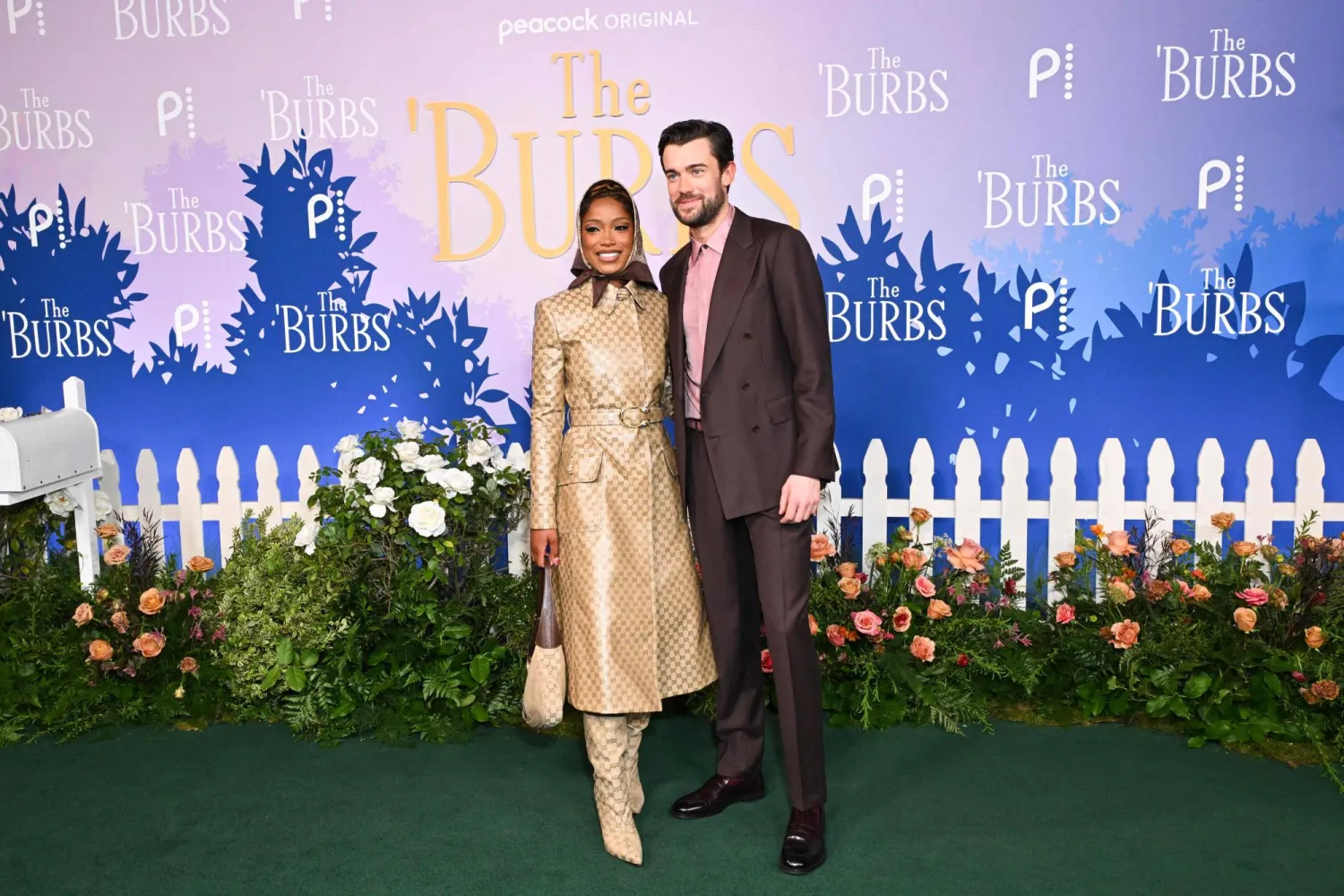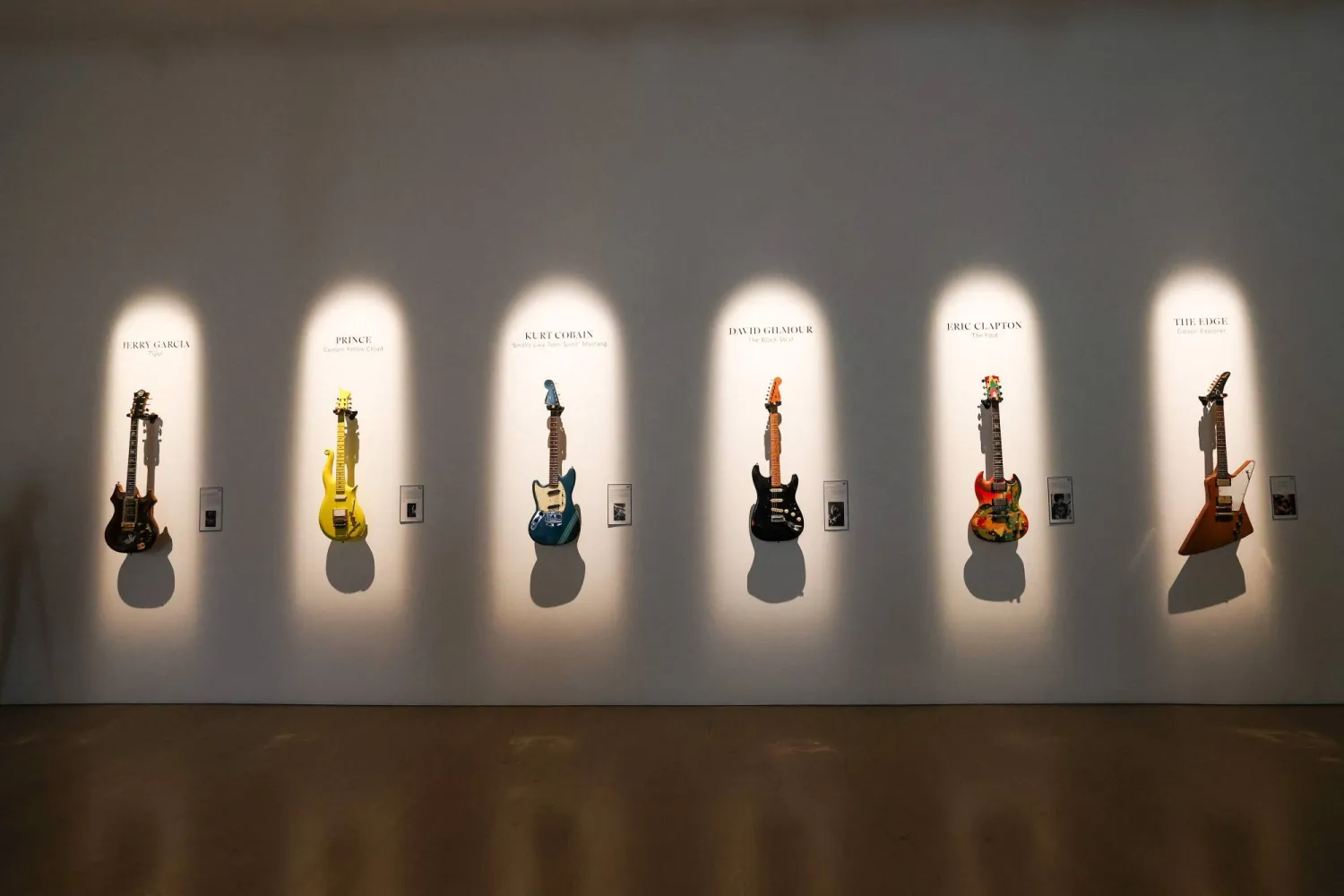Ben Affleck was 12 years old in 1984 and growing up in the Boston area. The Celtics were NBA champions. The Red Sox and Patriots were respectable. The Bruins got swept in the first round of the playoffs.
And that also was when Nike was betting much of its future on Michael Jordan.
Part of that tale will be told in the upcoming film “Air,” which Affleck directed and stars in alongside Matt Damon, Viola Davis, Jason Bateman and more. Affleck plays Nike co-founder Phil Knight, and Damon plays then-Nike executive Sonny Vaccaro — who was tasked with finding a way of saving what was then the company’s fledgling basketball division.
Affleck did it with one key character absent: Jordan is not shown in the movie.
“What I wanted to try to accomplish was to have Michael Jordan have the effect in the story that he has in the world, which is that obviously the vast majority of people don’t know and have never met Michael Jordan — and yet they know about him, and they know what he means and they might talk about him,” Affleck said.
“So, in a way, he’s like a presence that’s felt and discussed and everybody else around him is there. But you never see his face.”
Nike wound up signing Jordan — who had yet to play an NBA game — to a $2.5 million, five-year deal.
It was a huge gamble.
Spoiler alert, with apologies to the movie that gets released April 5: It worked out.
Jordan Brand generated $4.7 billion in revenue in 2021, the Jumpman logo is iconic, Nike has become one of the world’s most powerful and recognizable companies, and Jordan won six NBA championships, became a billionaire, and now owns the Charlotte Hornets.
And since most viewers will already know all those things, Affleck took on the challenge of telling lesser-known parts of the story.
“The movie has to do realistic, it has to do authentic, and it has to surprise the audience,” Affleck said. “Because if what happens is something that the audience can predict, even if they like it, they go along with it, it’s ordinary, it’s boring. It’s just not what I want to do.”
The trailer, released last week, is up to 6 million views. Affleck was at All-Star weekend to help promote Friday’s celebrity game, and ads for the film were shown on the jumbo scoreboards over the court.
Affleck said he has met with Jordan about the movie.
“Somebody asked me what you’re doing from Boston and making a movie about the Chicago guy,” Affleck said in an interview with a number of media outlets. “Michael Jordan sort of transcends, I think, rivalry.”









